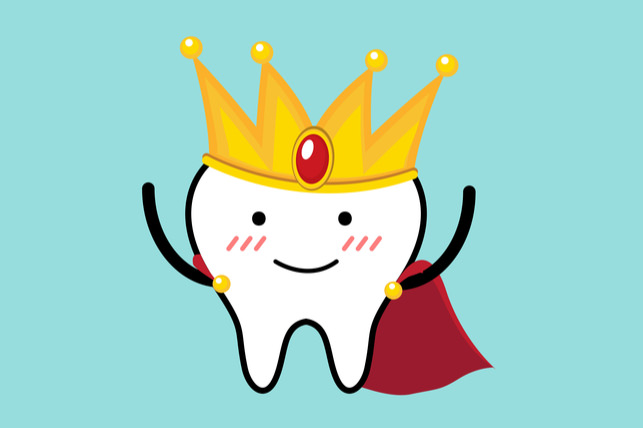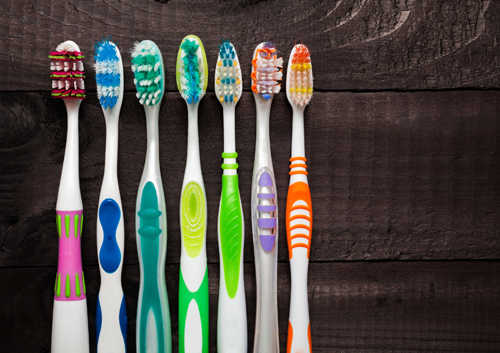How Dental Crown Help Children’s Teeth
June 4, 2018

In a perfect world teeth would never need maintenance, and every smile would be healthy and bright. But, life isn’t perfect, and teeth sustain a lot of wear over time. Luckily, dental crowns are a fantastic way to combat a number of tooth ailments and improve overall oral health.
Dental Crowns Alleviate Multiple Problems
Dental crowns are incredibly versatile tools that aid smiles in many ways. They are used to prevent weak teeth from fracturing, as tooth replacements, or to cover a root canal or dental implant. Dental crowns also help maintain proper teeth spacing, and aids in maintaining a proper bite alignment.
The Different Types of Dental Crowns
Dental crowns can be made out of a gold alloy, stainless steel, all-porcelain or all-ceramic, composite resin, zirconia, or porcelain on the outside fused to metal or zirconia on the inside. Each type of dental crown works, and it’s up to the patient to work with our dentist to decide what works best for your child’s needs.
Do Dental Crowns Hurt?
Dental crowns are meant to function painlessly as a natural tooth. The procedure to place a dental crown is done with a numbing agent applied to the nearby gums. This allows for less painful procedure. Tooth sensitivity and light pressure can last for 1 to 2 days after getting a new crown.
How Long do Dental Crowns Last?
Typically, dental crowns last between 5 and 15 years. But, the lifetime of a dental crown depends upon the material it is made of. Porcelain crowns are durable, but not unbreakable, and can crack or chip when patients grind their teeth. Other bad oral habits liking chewing fingernails, chewing on ice, or using teeth as tools to rip and tear can crack and damage dental crowns.
If your child has dental crowns, then try to teach them about good oral health habits that keep their crowns intact. If they grind their teeth, consider getting them a nighttime retainer that protects teeth from the stress of grinding and clenching.
Dental Crowns Need Maintenance
Children and teens with crowns and fillings can develop cavities near the device if it becomes old, or worn out. Over time, dental crowns can weaken and develop rough edges. This allows plaque to flourish in a hard-to-reach area, and can quickly result in a cavity. If your child has dental crowns, be sure that they regularly see their dentist to ensure that the crown is monitored and in working order.
Schedule an Appointment with Our Office
A broken tooth is a serious dental problem that needs to be treated by a team of dental professionals. Our office will be able to treat your child, and inform you on how to avoid an oral emergency in the future. Schedule an appointment today to help your child get a healthy smile that is pain-free.




